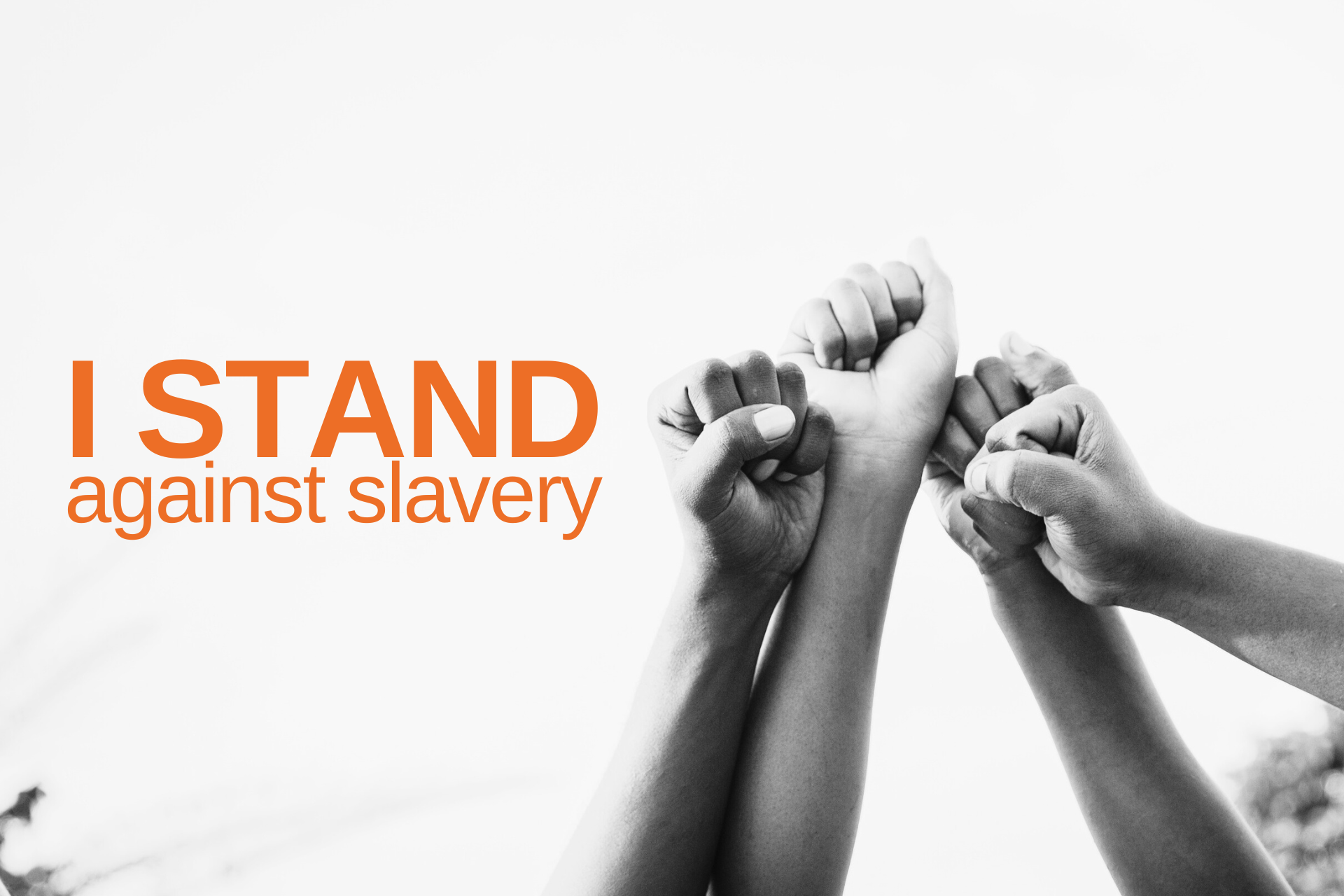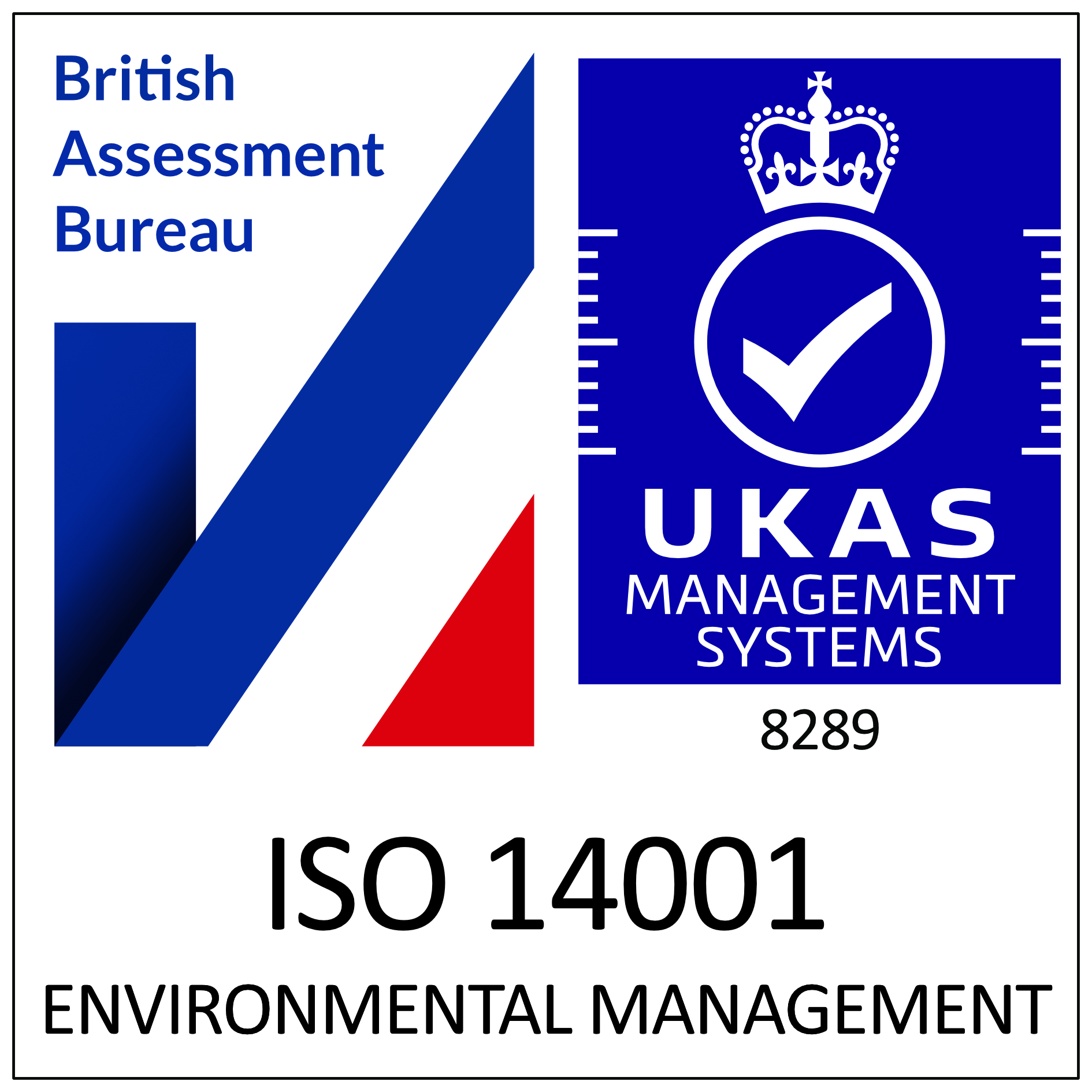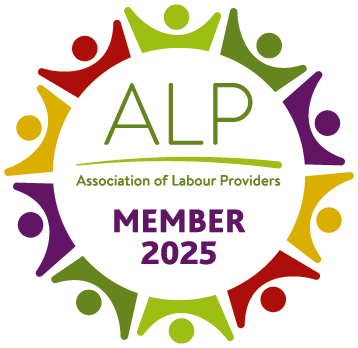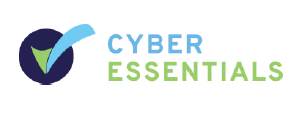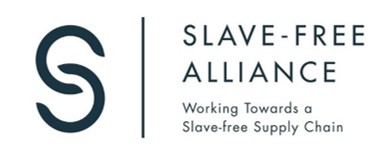Shattering the Stereotype: Women in Waste
28 February 2024
The waste management industry and idea of a waste worker is often synonymous with masculinity. We’re here to shatter the stereotype.
Check out our latest blog where we shine a spotlight on female trailblazers in the waste industry, explore the stereotypes they face, and suggest changes businesses can make to create an inclusive culture.
As we get ready to celebrate International Women’s Day across the UK and throughout various sectors and industries. Today we turn our attention to our sector, the waste management sector.
The waste industry has long been associated with images of masculinity. Men hauling bins, men driving trucks, men working in ‘gritty’ environments.
However, the stereotype fails to capture the diverse talents and contributions that women bring to the field.
While women remain underrepresented, their presence in steadily increasing and driving change.
Facing the Facts
Though the stereotype is that men dominate the industry, there has always been a sense of gender equality.
In 2017-18, the water supply, sewerage, waste management, and remediation activities sector was among the top five sectors in the UK with the smallest gender pay gap.
This continues to this day.
In 2021, it was reported that the waste supply, sewerage, and waste sector ranked in fourth place in ‘industries where women are thriving the most’.
Despite the fact that there is fairly lower representation when the industry is viewed as a whole, with women only making up 23.4% of the industry. Women are being paid more.
Women are paid 17.13% more than men.
The industry also has the second highest percentage of women in apprenticeships compared to men (17.4%).
Real-life Experiences
How is it to be a woman working in waste?
We thought we’d put the question to both our permanent staff, and flexible workers.
We spoke with Gladys Fosuaa, who is a worker on one of our sites. Gladys has worked on one of our client sites now for two years since her friend recommended the role.
Working as a Recycling Operative, this is Gladys’s first job since moving to England.
The flexibility of the role is key as it means that Gladys can look after her children whilst building a career.
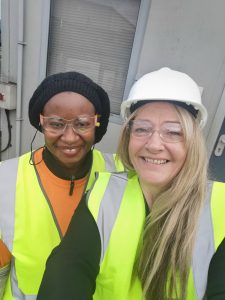
Left: Gladys Fosuaa, Right: Maria Green, our Resourcing and Social Value Partner. (Maria has a Class 2 License and has experience driving in the waste industry)
Speaking on her experiences, Patrycja Zuber one of our Business Area Managers explained how the waste industry is the perfect setting for her to be able to challenge herself daily.
Whether that’s presenting to clients on performance, to managing budgets and P&Ls. From visiting sites across the UK, to coaching an incredible team, no two days are the same.
After starting a career in the waste industry almost by accident, the opportunities for Patrycja to develop have been endless.

Pictured: Patrycja Zuber
With the support of Smart, her colleagues and managers, Patrycja has been able to progress throughout our business, and has been promoted a total of 4 times within her 12 years in the industry. The business and the industry have allowed Patrycja to grow and build her confidence, to a point where she is proud to say that she loves her job.
The industry itself is incredibly fulfilling, knowing that you’re playing a small part in the sustainable, environmental process.
The waste industry presents numerous opportunities for women to develop and progress into a meaningful career, it’s not just about dust carts!
Paving the Way: Actions for Businesses
Creating an inclusive culture is important for all businesses, big or small, at all levels.
We’ve listed some actions that businesses can take to promote gender equality.
- Dismantle hiring biases: make sure that your recruitment process is equal. Educate any recruiters in fair recruitment and unconscious bias.
- Invest in training: provide equal access to training and development opportunities for all employees. Regardless of gender, empower women to thrive and advance in their careers.
- Promote visibility & recognition: celebrate the achievements of women in your business and amplify their voices.
- Address workplace policies & practices: review and revise workplace policies to ensure they’re inclusive.
As we celebrate International Women’s Day, let us reaffirm our commitment to creating a waste industry that embraces diversity, equality, and inclusion.
By challenging stereotypes, promoting gender equality, and fostering a culture of belonging, we not only empower women to thrive but also drive progress and innovation within our industry.
Check out our other blog pieces for International Women’s Day here.


